Pancreatic cancer is one of the world’s deadliest cancers, and we need more attention, awareness, and progress to help patients fight and survive this disease.
On World Pancreatic Cancer Day 2018 (Thursday, November 15), people around the world united to Demand Better in the fight against the world’s toughest cancer, raising awareness about the symptoms and risks of the disease and the urgent need for earlier detection.
Please save the date for World Pancreatic Cancer Day 2019 – Thursday, November 21, 2019.

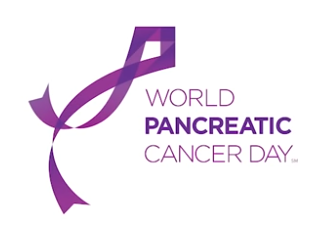
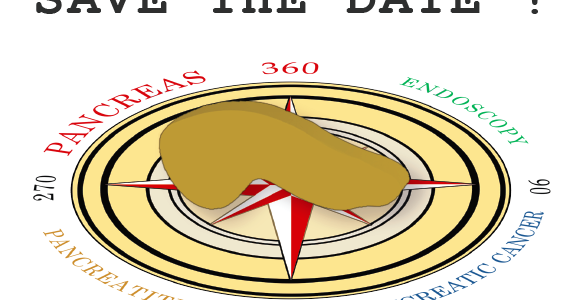
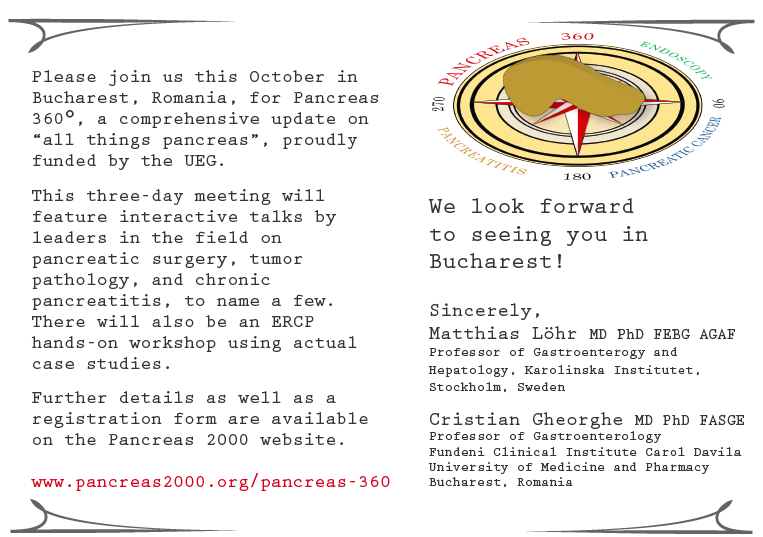
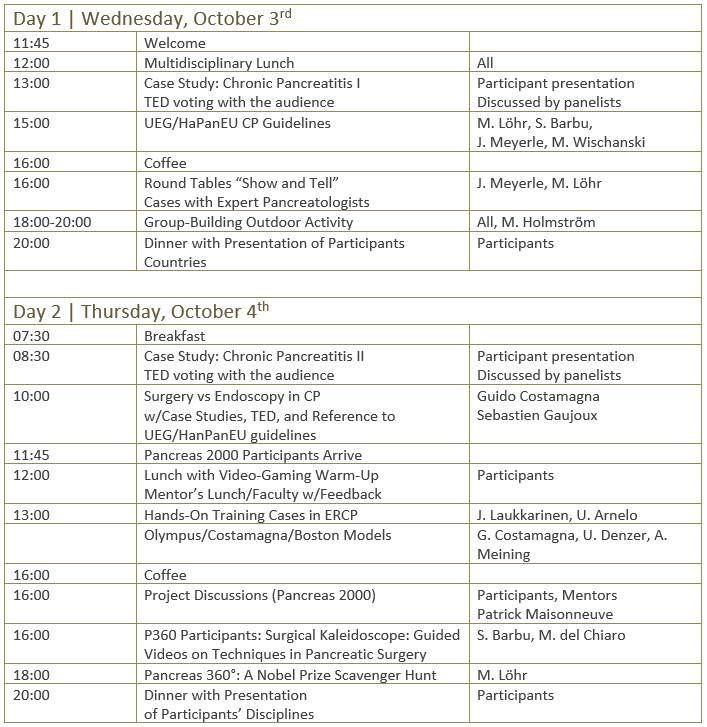
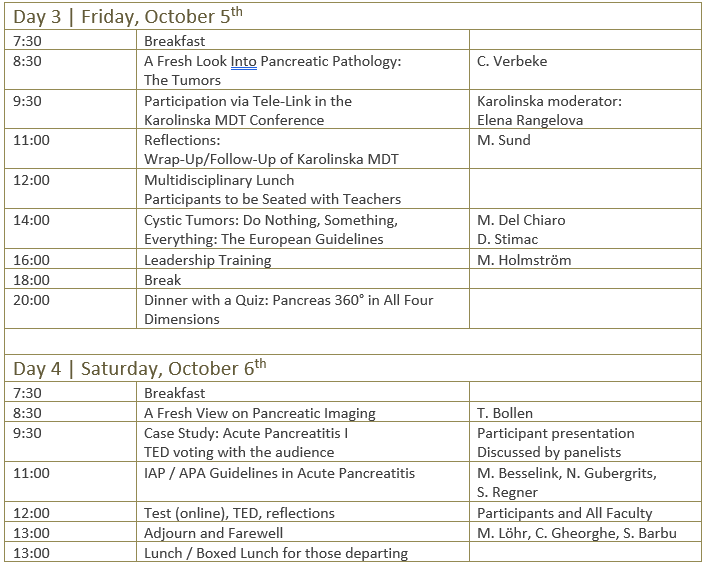
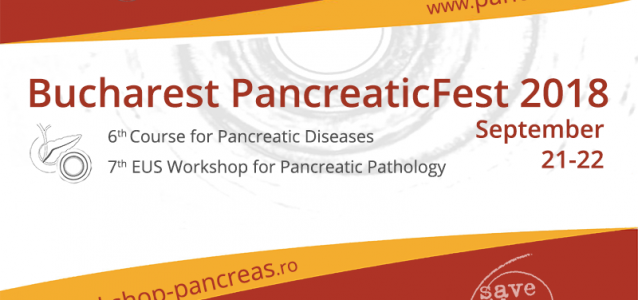
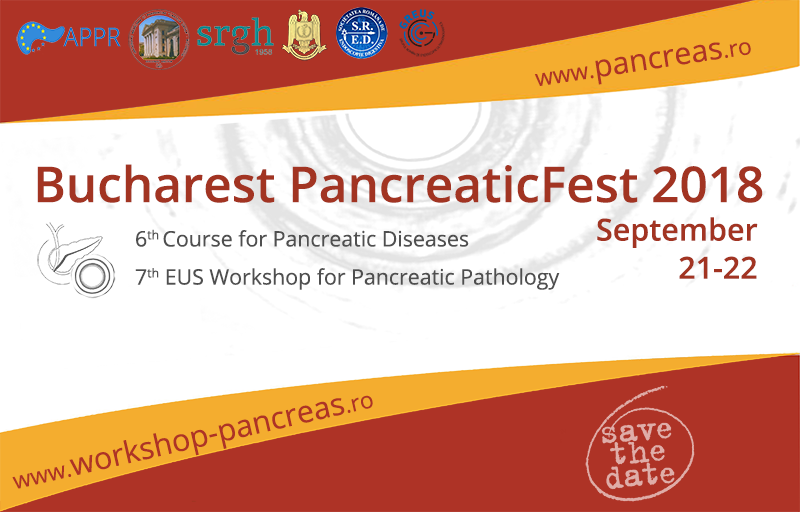


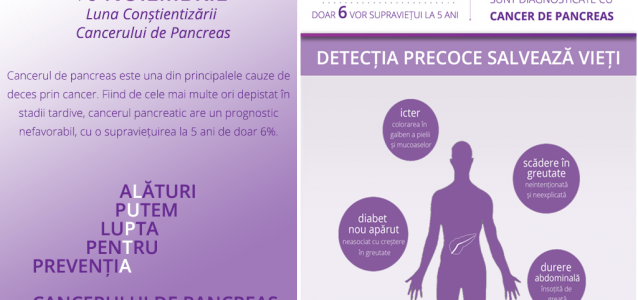
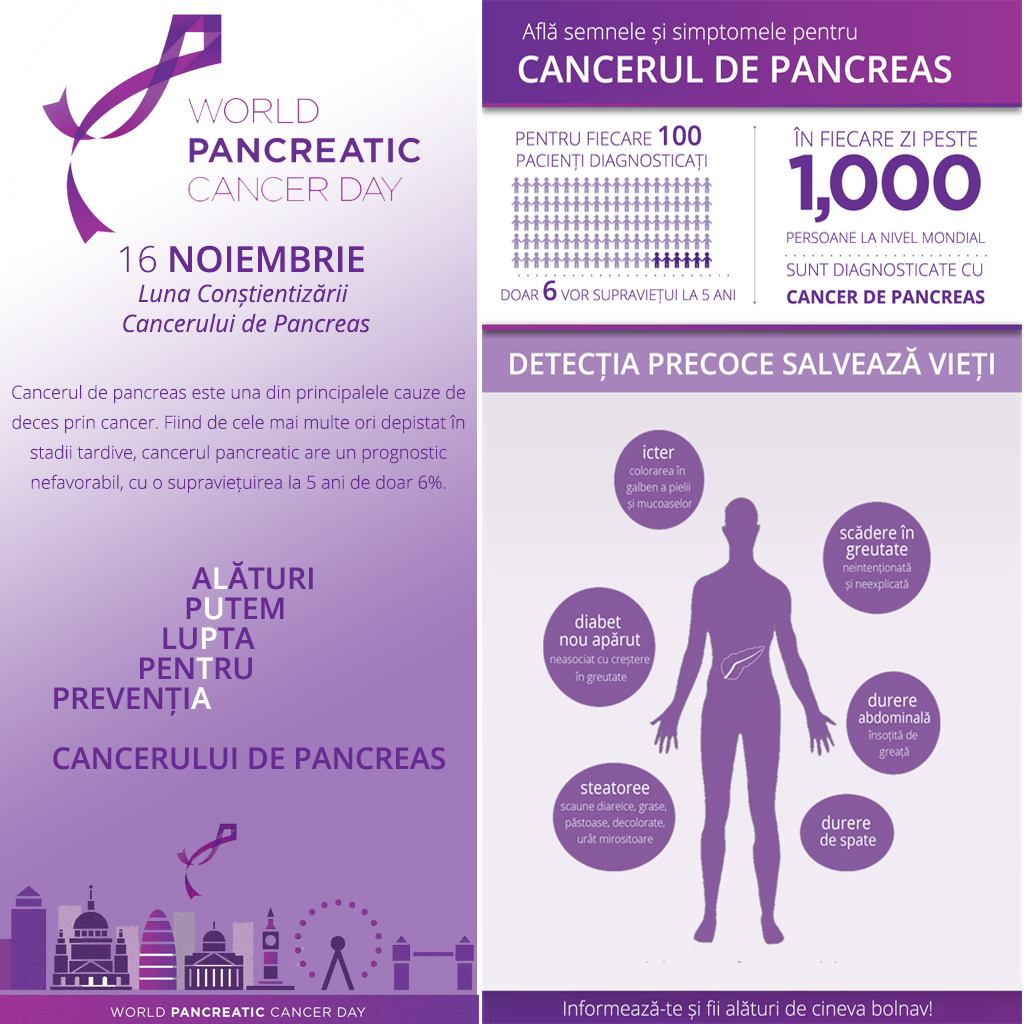
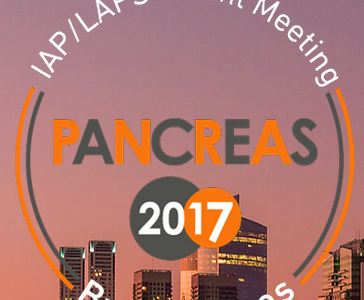
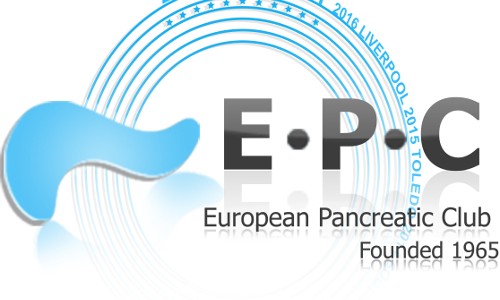
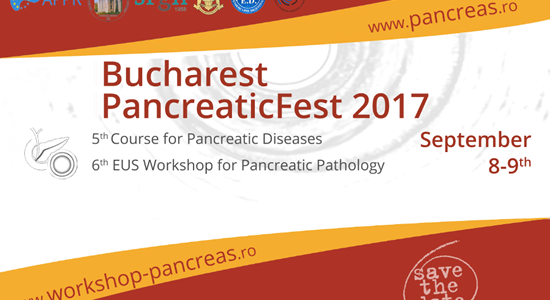
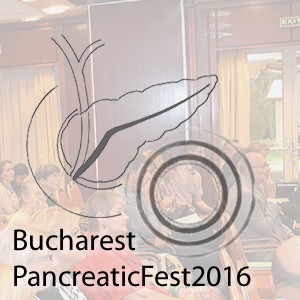

 Acesta este un program sustinut de Asociatia Romana pentru Patologia Pancreatica cu sprijinul Viatris.
Acesta este un program sustinut de Asociatia Romana pentru Patologia Pancreatica cu sprijinul Viatris.